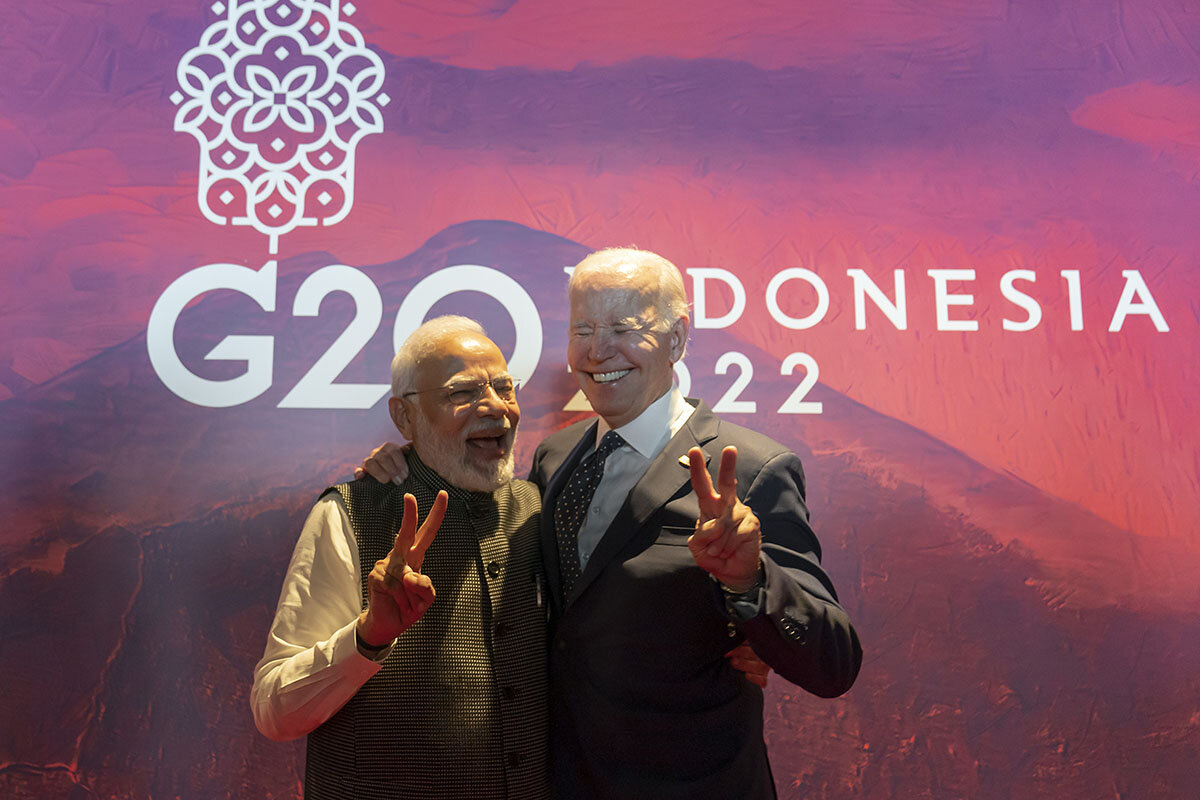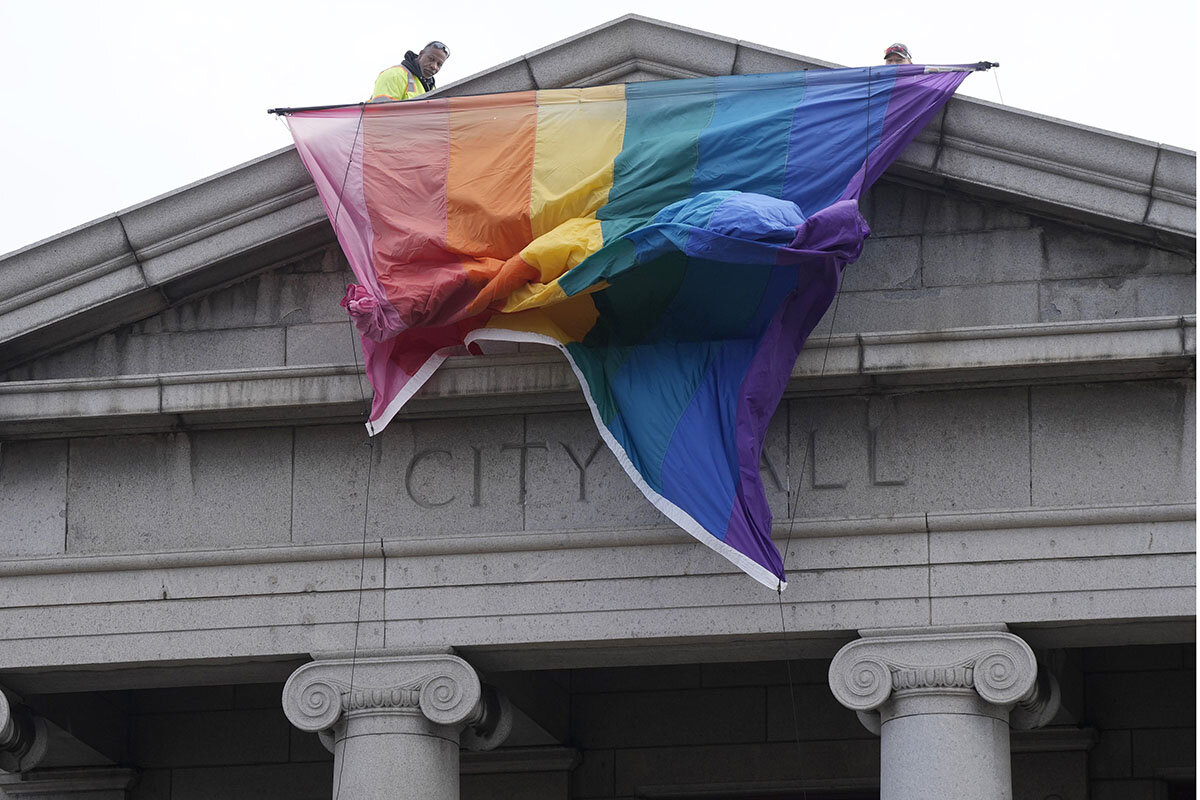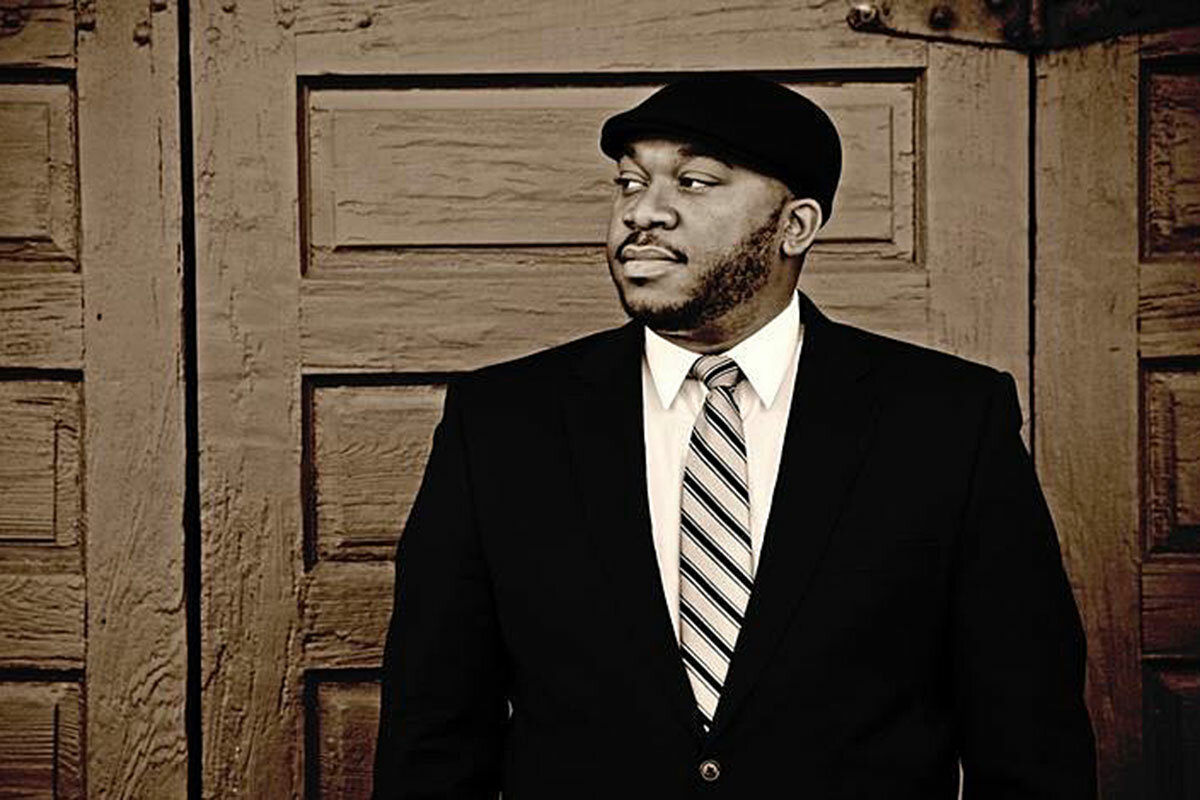Confronting their autocratic president’s plans to put a weakened parliament firmly under his thumb with new elections, Tunisian civil society and political parties are putting aside their differences. But their tools are limited.
Monitor Daily Podcast
- Follow us:
 Mark Sappenfield
Mark Sappenfield
By the time I came to the Monitor in 1996, John Hughes had been gone from the paper for nearly two decades. But his was a name that cut across generations. Everyone had heard of John Hughes. Conspicuously, he is the only editor of the Monitor ever to have won a Pulitzer Prize.
He died on Wednesday, and I spent most of today learning more about him beyond the august name. I learned about the ingenious way he got his Pulitzer Prize-winning reports out of Indonesia amid a revolt and backlash that would kill 250,000 people. (It involves what he called “human pigeons.”) About how an editor can set a tone for the entire newsroom just with his suit. About the time a perspiring employee was terrified he’d ruined the editor’s Oriental rug – and how Mr. Hughes laughed. You can read the full appreciation here.
As I write this, however, my mind is drawn to a story . He was arriving in the Belgian Congo amid the chaos of its collapse during the early 1960s. Upon introducing himself to the commander of United Nations forces there, the general said, “Ah, the man from ���Ǵ���. This is a country that needs the healing touch.”
This spirit defined Mr. Hughes in his work for the Monitor and beyond, from directing Voice of America to serving in a prominent role in the Reagan administration. “He was a strong individual with integrity,” says former Monitor Editor John Yemma. “And he stayed with that his whole life.”











